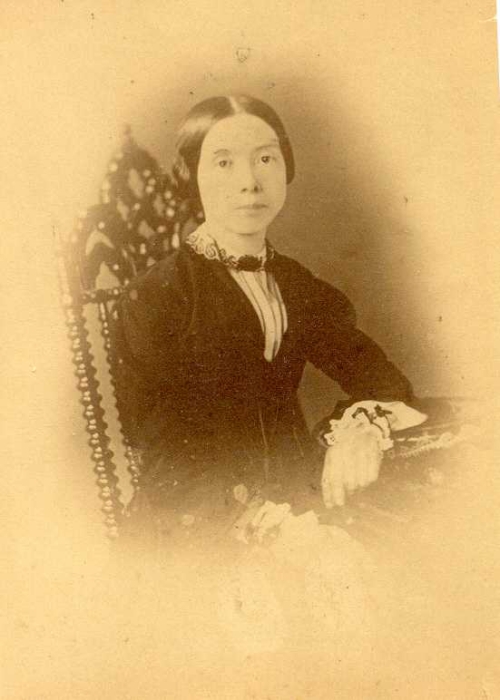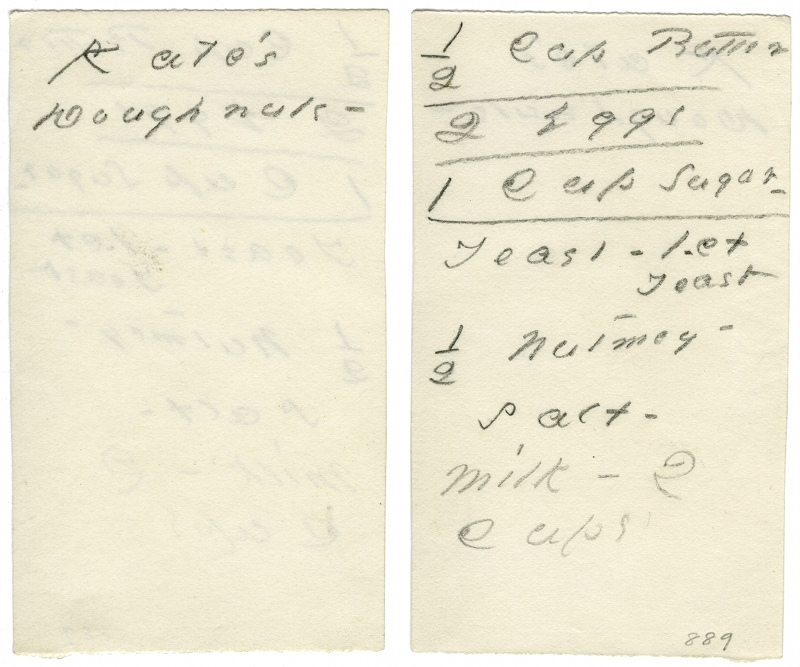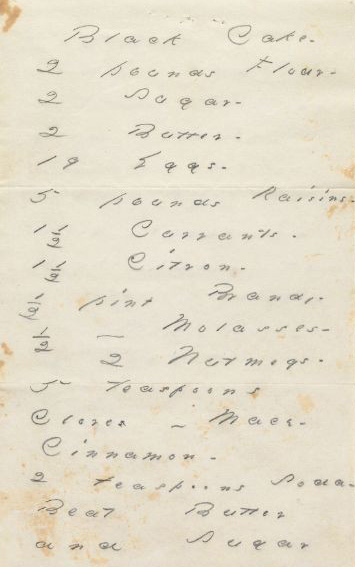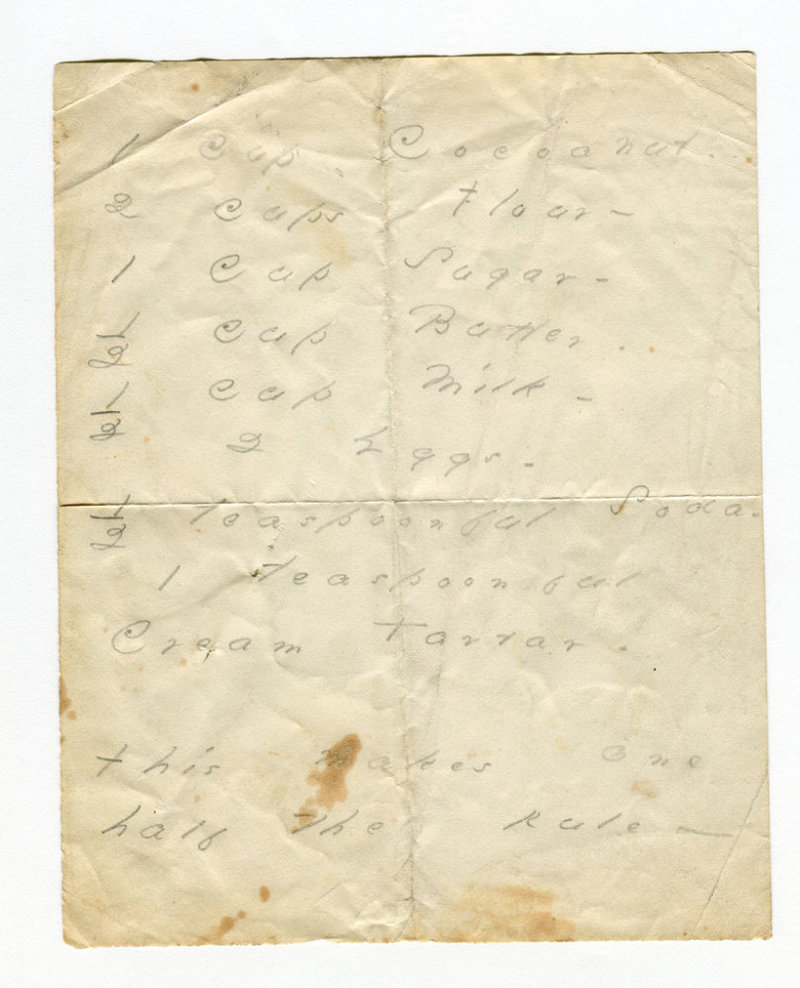In “Morning Song,” from Sylvia Plath’s posthumous 1965 collection Ariel, published two years after her suicide, a newborn infant is a “fat gold watch.” Among the incessant lists of adjectives in both her work, “fat” is one that stands out, appearing often, in several synonyms, as a celebration of abundance and real anxiety over weight gain and a general too-muchness. In the same poem, the baby is a work of art, a “new statue.” Its mother, on the other hand, is in one stanza a cloud effaced by the wind in a mirror, and a clumsy animal, “cow-heavy and floral / In my Victorian nightgown. / Your mouth opens clean as a cat’s.”
Plath’s images are bracing and unexpected, awed and stricken, usually at once. She deploys them so quickly and adroitly that even when one fails to land, the others immediately take up the slack, making even her less-great poems impressive for a line or stanza that takes hold in the mind for days. This ability was not the result of either divine inspiration or mental illness, but talent honed through hard work and commitment. Plath “chose the artist’s way. Poetry was her calling,” the animated TED-Ed video by Iseult Gillespie tells us above. As such, she persevered even through severe bouts with depression and many suicide attempts before she finally succumbed at age 30.
Plath’s semi-autobiographical novel, The Bell Jar, which dramatizes these themes, as well as a handful of her darkest poems, have come to popularly symbolize her legacy. You’ve heard of them even if you’ve never read them. Yet she composed a “large bulk of poetry,” her husband, poet Ted Hughes, wrote in the introduction to her Collected Works, published and unpublished, never throwing anything out. “She brought every piece she worked on to some final form acceptable to her, rejecting at most the odd verse…. Her attitude to her verse was artisan-like: if she couldn’t get a table out of the material, she was quite happy to get a chair, or even a toy.”
His characterization may not sound like the most charitable, and as her literary executor, Hughes was accused of refusing to publish some of her work. But he was also a fellow poet who watched her tirelessly write and revise. Quoting from her journals, Hughes shows how her first collection, 1960’s The Colossus and Other Poems, came together over a period of many years, its title changing every few months, new poems appearing and old ones falling away. The result is a debut whose “breathtaking perspectives on emotion, nature, and art continue to captivate and resonate,” notes the video’s narrator.
Despite her major presence in the literary magazines and the respect she won especially in the UK, The Colossus and Other Poems would be Plath’s only published collection in her lifetime. It made her a well-respected poet, but did not make her the celebrity she became after the publication of The Bell Jar three years later and her suicide the following month. “Within a week of her death,” writes Time magazine in its review of Ariel in 1966, “intellectual London was hunched over copies of a strange and terrible poem she had written during her last sick slide toward suicide. ‘Daddy’ was its title.”
After the publication of Ariel, readers fixed on “Daddy” and “Lady Lazarus,” sensational poems in which “fear, hate, love, death and the poet’s own identity become fused at bleak heat with the figure of her father, and through him, with the guilt of the German exterminators and the suffering of their Jewish victims.” These are poems, wrote Robert Lowell in his preface, that “play Russian roulette with six cartridges in the cylinder.” As feminist scholars embraced her work in the 1970s, a morbid fascination with her image only grew. This is the Plath many people know by word of mouth. But those who haven’t read more of her will miss out.
Plath doesn’t shy away from staring at suicide, abuse, and mass murder. She helped to “break the silence surrounding issues of trauma, frustration, and sexuality.” Ariel and her dozens of uncollected poems are also “filled with moving meditations on heartbreak and creativity,” including the heartbreak and creativity of motherhood, a theme always fraught with fears of love and death. Plath’s work can be dark, and it can be at once luminous in its imaginative candor. In writing about life with depression and the domestic misery visited on her in her marriage to Hughes, she celebrates life’s sublime pleasures and mourns its depths of suffering, in poem ofter poem, with near-constant ingenuity, wit, and courage.
Related Content:
Hear Sylvia Plath Read 50+ of Her Dark, Compelling Poems
Sylvia Plath, Ted Hughes & Peter Porter Read Their Poetry: Free Audio
Sylvia Plath, Girl Detective Offers a Hilariously Cheery Take on the Poet’s College Years
Josh Jones is a writer and musician based in Durham, NC. Follow him at @jdmagness





